Graham Reid | | 4 min read
Susan Aglukark: O Siem
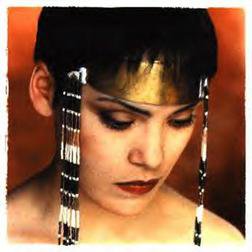
It is 1995 and Susan Aglukark is
speculating on how she’d like to see herself in five years; married
certainly (she and her boyfriend have talked about it), a lot of
children, learn to fly, go to law school . . .
Making music doesn't come into it?
"Oops," she laughs and
glances guiltily around the record-company office where she is
sitting doing promotional work for her album This Child which has
just topped the charts in her homeland Canada.
Forgive her the lapse – she’s been
doing interviews all morning and this conversation has roamed far
from the mundanities of promoting a record.
And she’s come a long way. Few, in
fact, could claim to have come further, either emotionally or
physically.
An Inuit singer-songwriter from
Canada’s Northwest Territories, she was in Auckland briefly after a
performance in Melbourne but is easily diverted into discussing the
broader issues pertaining to Inuit peoples.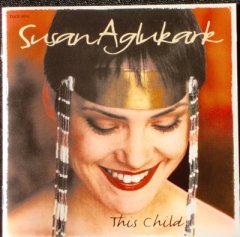
Aglukark has the credentials. She has
been a linguist with the Canadian Department of Indian and Northern
Affairs, executive assistant the political lobby group Inuit
Tapirisat (Brotherhood) of Canada, spokesperson for the Northwest
Territories Economic Development and Tourism/Arts and Crafts
organisation, and a national spokesperson for the Aboriginal Division
of the National Alcohol and Drug Prevention Programme.
And now, having been one of Canada’s
highest-profile singers for the past four years and over four albums,
she has just been nominated as one of the best new solo artists in
the annual Juno Awards.
“God I hate talking politics,” she
laughs before embarking on a free-ranging philosophical discussion
about the complexities of “aboriginal-whiteman” relations and
observations about young Inuits debilitated by alcoholism, poor
education and lack of a sense of self-worth.
“The people are confused and in a
kind of controlled limbo,” she says of the 35,000 Inuit who have
occupied the Arctic coast and islands of Canada for more than 4000
years.
"Things have changed and change
has caught up on a social level. There are a lot of problems, but not
so much the people haven’t been able to negotiate a land-claims
deal. But we are now in a situation where we have to catch up with
the rest of the world.
“There is a drive for
self-determination and always has been, but there is no animosity
between the white man and the Inuit peop1e.”
The key problem, as Aglukark sees it,
is in the way change has been brought to Inuits who largely live in
remote, small communities such as Arviat (population 1300) where she
grew up.
“If people would listen, especially
in the white man’s world, they would understand that Inuit people
do accept change, because it’s inevitable. The problem in our way
of thinking is that the concept of choice is a very scary thing. In
the last 50 years the people have learned to depend on the Government
because it has taken choice away from them.”
Aglukark notes that young people who
have grown up with television (despite widespread Eskimos-in-igloos
cliches) are open to education. Her own experience is typical.
After going through local primary
schools students have to leave for one of two large boarding schools
and encounter the particular pressures that being away from home can
bring.
Alcohol and drugs are prevalent, she
says. Students tend to drop out.
She did so herself, and drifted for two
years before returning to school.
Many young people, she says, are
victims of abuse, and suicide is common.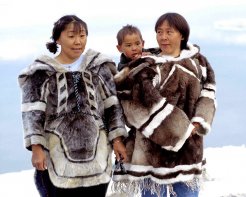
“But I'm very optimistic about our
future. I'm a victim of abuse myself, but all my friends are victims
of one form of abuse or other and if that many can survive then I
have to be optimistic."
Aglukark is aware that initially people
within the music business are curious about her because they say,
“Oh, there’s an Eskimo in the industry. . .”
It also makes for some nervousness:
“They wonder what I'll sound like."
But she couldn't have made her light
folk-pop album with aboriginal musicians; there isn’t the
experience in assimilating traditional chants with guitars and
synthesisers."
“Our people don’t have the depth of
experience as creators of this particular music. We have heavy metal
and country bands but it’s difficult for aboriginal people to
understand the advantages of having the two worlds work together in
the entertainment field.
“I think we’re slowly moving away
from that. I’ve written the song This Child as a traditional chant
but it also has different sounds that create a visual sense. I can
sing my chant with the music behind it but my grandparents couldn’t
imagine the sound that backs it. It's beyond their understanding.”
Not unexpectedly, Aglukark sees the
music industry from her own particular perspective; she writes her
songs in the hope they will bridge the generations and be life
affirming, and she discusses with elders the protocol of using
traditional chants within popular culture . . . and donates a
percentage of royalties to various communities.
Aglukark's album The Child sold
triple platinum in Canada, five years after this interview she had a
young son. In 2005 she was named an Officer of the Order of Canada.




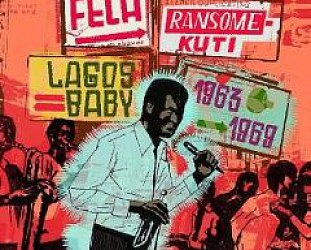
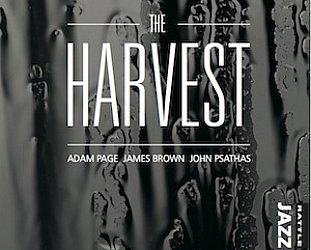
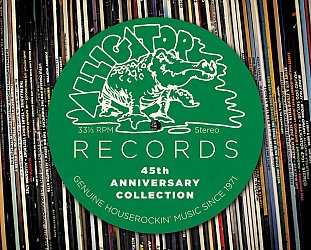
post a comment